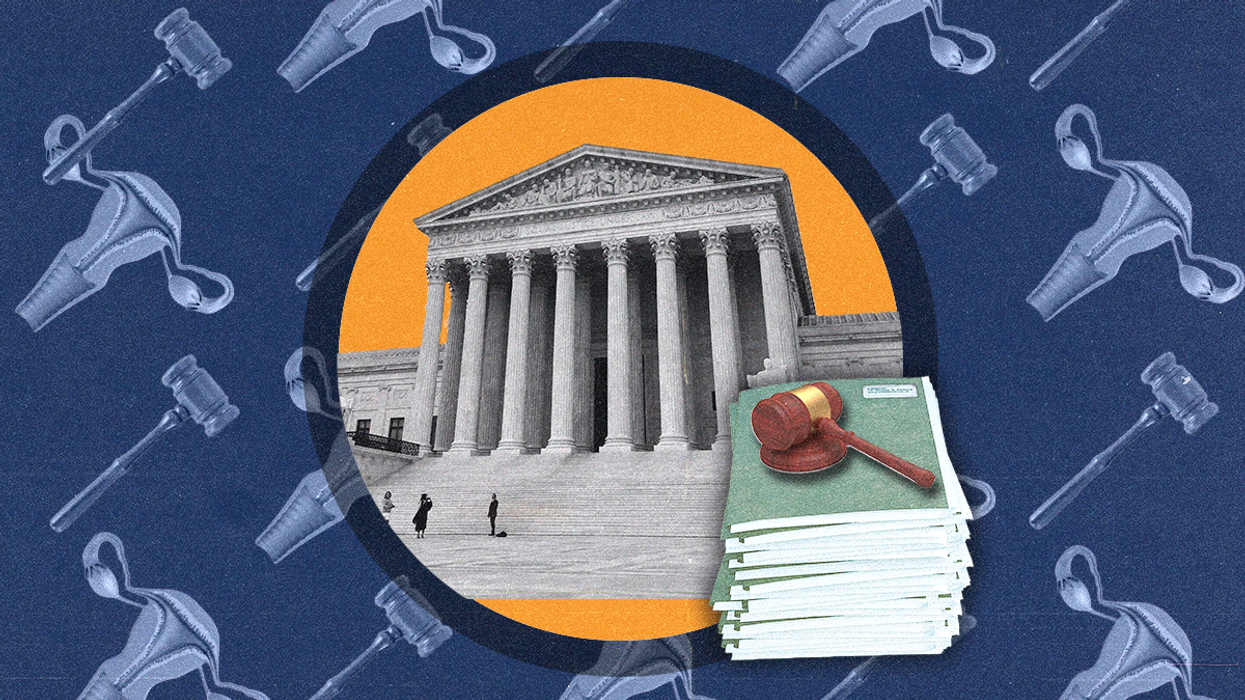Viewpoint
One year after Dobbs, US abortion rights have gotten even more politically explosive
But proponents of greater access to abortion currently appear to have the upper hand in this political battle, says Eurasia Group expert Kylie Milliken.
Jun 22, 2023


